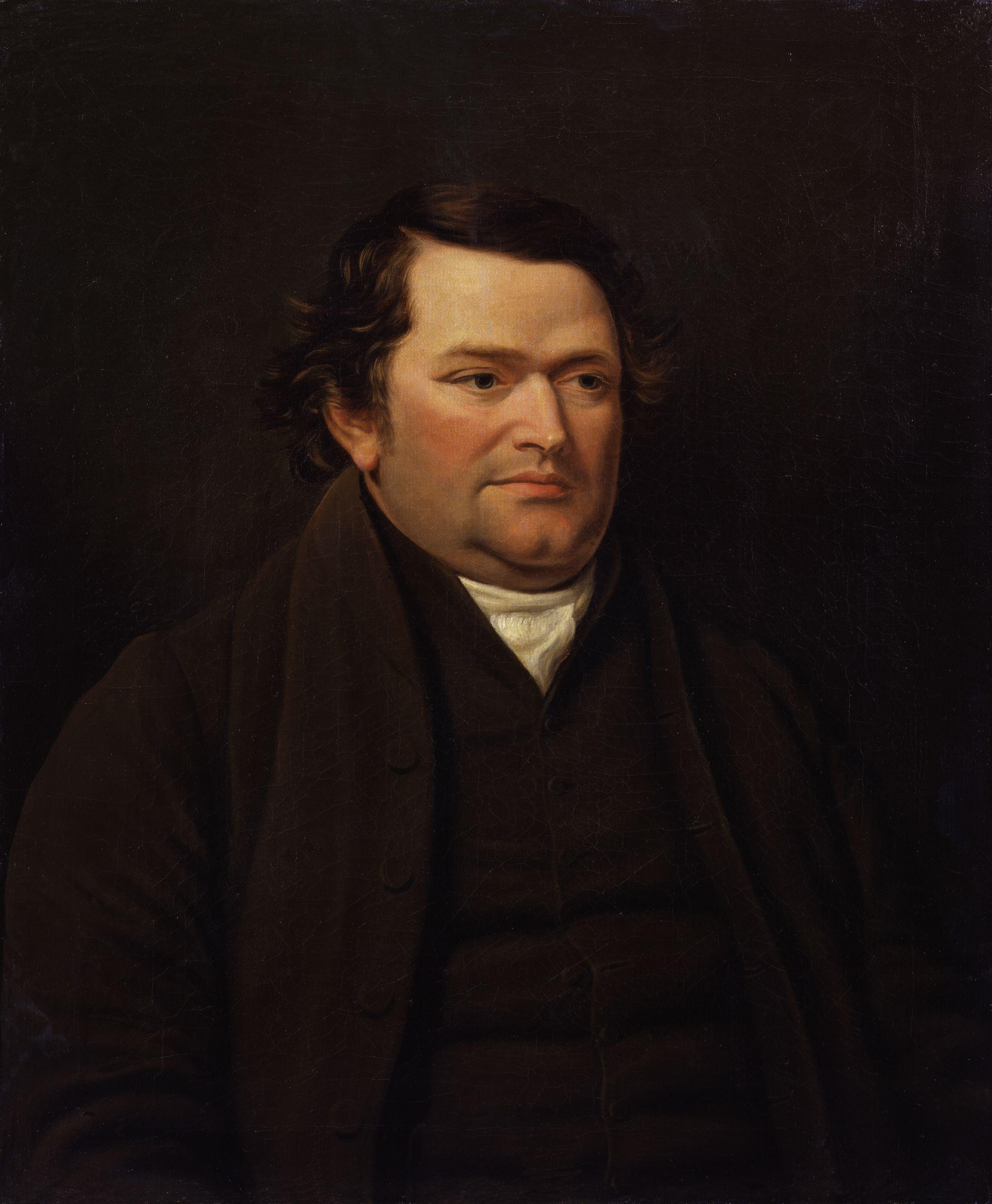|
Seymour Sarason
Seymour Bernard Sarason (January 12, 1919, Brownsville, Brooklyn, New York (state), New York – January 28, 2010, New Haven, Connecticut) was Professor of Psychology Emeritus at Yale University, where he taught from 1945 to 1989. He is the author of over forty books and over sixty articles, and he is considered to be one of the most significant American researchers in education, educational psychology, and community psychology. One primary focus of his work was on education reform in the United States. In the 1950s he and George Mandler initiated the research on test anxiety. He founded the Yale Psycho-Educational Clinic in 1961 and was one of the principal leaders in the community psychology movement. In 1974, he proposed psychological sense of community, a central concept in community psychology. Since then, sense of community has become a well-known and commonly used term both in academic and non-academic settings. Early life Sarason was born in Brownsville, Brooklyn New York ... [...More Info...] [...Related Items...] OR: [Wikipedia] [Google] [Baidu] |
Brownsville, Brooklyn
Brownsville is a residential neighborhood in eastern Brooklyn in New York City. The neighborhood is generally bordered by Crown Heights to the northwest; Bedford–Stuyvesant and Cypress Hills to the north; East New York to the east; Canarsie to the south; and East Flatbush to the west. The area that comprises Brownsville has 58,300 residents as of the 2010 United States Census, with an estimated population of 128,369 residents in 2019. Founded in its current incarnation in 1858, Brownsville was initially a settlement composed of Jewish factory workers. The neighborhood underwent a major demographic change in the 1950s that saw an influx of African-American residents. Since the late 20th century, Brownsville has consistently held one of the highest poverty and crime rates of any neighborhood in New York City. Brownsville is part of Brooklyn Community District 16, and its primary ZIP Code is 11212. It is patrolled by the 73rd Precinct of the New York City Police Department. ... [...More Info...] [...Related Items...] OR: [Wikipedia] [Google] [Baidu] |
Saul Rosenzweig
Saul Rosenzweig (1907–2004) was an American psychologist and therapist who studied subjects such as Repression (psychology), repression, psychotherapy, and aggression. Rosenzweig, who, with a co-author, has been credited with being the first to attempt to "elicit repression" in a laboratory setting, became well known after publishing a paper discussing "Common factors theory, common factors" underlying competing approaches to psychotherapy. Biography Rosenzweig, a friend and classmate of B.F. Skinner, earned his doctorate from Harvard College in 1932. He worked at Worcester State Hospital and Clark University before becoming the chief psychologist at the Western State Psychiatric Institute. Rosenzweig taught at Washington University in St. Louis from 1948 until he retired in 1975. He died on August 9, 2004, at the age of 97. Work In the 1930s, Rosenzweig studied Repression (psychology), repression. With G. Mason, Rosenzweig criticized H. Meltzer's survey of studies of repression ... [...More Info...] [...Related Items...] OR: [Wikipedia] [Google] [Baidu] |
Participant Observation
Participant observation is one type of data collection method by practitioner-scholars typically used in qualitative research and ethnography. This type of methodology is employed in many disciplines, particularly anthropology (incl. cultural anthropology and European ethnology), sociology (incl. sociology of culture and cultural criminology), communication studies, human geography, and social psychology. Its aim is to gain a close and intimate familiarity with a given group of individuals (such as a religious, occupational, youth group, or a particular community) and their practices through an intensive involvement with people in their cultural environment, usually over an extended period of time. The method originated in the field research linked to European and American voyages of scientific exploration. During the year 1800, one of precursors of the method as Joseph Marie, baron de Gérando already affirming that: "The first way to get to know the Indians is to become like o ... [...More Info...] [...Related Items...] OR: [Wikipedia] [Google] [Baidu] |
Clinical Psychology
Clinical psychology is an integration of social science, theory, and clinical knowledge for the purpose of understanding, preventing, and relieving psychologically based distress or dysfunction and to promote subjective well-being and personal development. Plante, Thomas. (2005). ''Contemporary Clinical Psychology.'' New York: Wiley. Central to its practice are psychological assessment, clinical formulation, and psychotherapy, although clinical psychologists also engage in research, teaching, consultation, forensic testimony, and program development and administration.Brain, Christine. (2002). ''Advanced psychology: applications, issues and perspectives.'' Cheltenham: Nelson Thornes. In many countries, clinical psychology is a regulated mental health profession. The field is generally considered to have begun in 1896 with the opening of the first psychological clinic at the University of Pennsylvania by Lightner Witmer. In the first half of the 20th century, clinical psych ... [...More Info...] [...Related Items...] OR: [Wikipedia] [Google] [Baidu] |
Social Change
Social change is the alteration of the social order of a society which may include changes in social institutions, social behaviours or social relations. Definition Social change may not refer to the notion of social progress or sociocultural evolution, the philosophical idea that society moves forward by evolutionary means. It may refer to a paradigmatic change in the socio-economic structure, for instance the transition from feudalism to capitalism, or hypothetical future transition to some form of post-capitalism. Social development refers to how people develop social and emotional skills across the lifespan, with particular attention to childhood and adolescence. Healthy social development allows us to form positive relationships with family, friends, teachers, and other people in our lives. Accordingly, it may also refer to social revolution, such as the Socialist revolution presented in Marxism, or to other social movements, such as women's suffrage or the civil ri ... [...More Info...] [...Related Items...] OR: [Wikipedia] [Google] [Baidu] |
Intelligence Tests
An intelligence quotient (IQ) is a total score derived from a set of standardized tests or subtests designed to assess human intelligence. The abbreviation "IQ" was coined by the psychologist William Stern for the German term ''Intelligenzquotient'', his term for a scoring method for intelligence tests at University of Breslau he advocated in a 1912 book. Historically, IQ was a score obtained by dividing a person's mental age score, obtained by administering an intelligence test, by the person's chronological age, both expressed in terms of years and months. The resulting fraction (quotient) was multiplied by 100 to obtain the IQ score. For modern IQ tests, the raw score is transformed to a normal distribution with mean 100 and standard deviation 15. This results in approximately two-thirds of the population scoring between IQ 85 and IQ 115 and about 2.5 percent each above 130 and below 70. Scores from intelligence tests are estimates of intelligence. Unlike, for example, d ... [...More Info...] [...Related Items...] OR: [Wikipedia] [Google] [Baidu] |
Test Anxiety
Test anxiety is a combination of physiological over-arousal, tension and somatic symptoms, along with worry, dread, fear of failure, and catastrophizing, that occur before or during test situations.Zeidner M. (1998). ''Test anxiety: The state of the art''. New York, NY: Plenum It is a physiological condition in which people experience extreme stress, anxiety, and discomfort during and/or before taking a test. This anxiety creates significant barriers to learning and performance. Research suggests that high levels of emotional distress have a direct correlation to reduced academic performance and higher overall student drop-out rates. Test anxiety can have broader consequences, negatively affecting a student's social, emotional and behavioural development, as well as their feelings about themselves and school. Highly test-anxious students score about 12 percentile points below their low anxiety peers.Cassidy, J & Johnson. R. (2001). Cognitive Test Anxiety and Academic Performance. Co ... [...More Info...] [...Related Items...] OR: [Wikipedia] [Google] [Baidu] |
Education Reform
Education reform is the name given to the goal of changing public education. The meaning and education methods have changed through debates over what content or experiences result in an educated individual or an educated society. Historically, the motivations for reform have not reflected the current needs of society. A consistent theme of reform includes the idea that large systematic changes to educational standards will produce social returns in citizens' health, wealth, and well-being. As part of the broader social and political processes, the term education reform refers to the chronology of significant, systematic revisions made to amend the educational legislation, standards, methodology, and policy affecting a nation's public school system to reflect the needs and values of contemporary society. Before the late 18th century, classical education instruction from an in-home personal tutor, hired at the family's expense, was primarily a privilege for children from wealthy ... [...More Info...] [...Related Items...] OR: [Wikipedia] [Google] [Baidu] |
Special Education
Special education (known as special-needs education, aided education, exceptional education, alternative provision, exceptional student education, special ed., SDC, or SPED) is the practice of educating students in a way that accommodates their individual differences, Disability, disabilities, and special needs. This involves the individually planned and systematically monitored arrangement of teaching procedures, adapted equipment and materials, and accessible settings. These interventions are designed to help individuals with special needs achieve a higher level of personal Self-sustainability, self-sufficiency and success in school and in their community, which may not be available if the student were only given access to a Traditional education, typical classroom education. Special education aims to provide accommodated education for disabled students such as learning disability, learning disabilities, learning difficulties (such as dyslexia), communication disorders, emo ... [...More Info...] [...Related Items...] OR: [Wikipedia] [Google] [Baidu] |
Projective Test
In psychology, a projective test is a personality test designed to let a person respond to ambiguous stimuli, presumably revealing hidden emotions and internal conflicts projected by the person into the test. This is sometimes contrasted with a so-called "objective test" / "self-report test", which adopt a "structured" approach as responses are analyzed according to a presumed universal standard (for example, a multiple choice exam), and are limited to the content of the test. The responses to projective tests are content analyzed for meaning rather than being based on presuppositions about meaning, as is the case with objective tests. Projective tests have their origins in psychoanalysis, which argues that humans have conscious and unconscious attitudes and motivations that are beyond or hidden from conscious awareness. Theory The general theoretical position behind projective tests is that whenever a specific question is asked, the response will be consciously formulated and so ... [...More Info...] [...Related Items...] OR: [Wikipedia] [Google] [Baidu] |
Carl Hovland
Carl Iver Hovland (June 12, 1912 – April 16, 1961) was a psychologist working primarily at Yale University and for the US Army during World War II who studied attitude change and persuasion. He first reported the sleeper effect after studying the effects of the Frank Capra's propaganda film ''Why We Fight'' on soldiers in the Army. In later studies on this subject, Hovland collaborated with Irving Janis who would later become famous for his theory of groupthink. Hovland also developed social judgment theory of attitude Attitude may refer to: Philosophy and psychology * Attitude (psychology), an individual's predisposed state of mind regarding a value * Metaphysics of presence * Propositional attitude, a relational mental state connecting a person to a pro ... change. Carl Hovland thought that the ability of someone to resist persuasion by a certain group depended on your degree of belonging to the group. Biography Carl Iver Hovland was born in Chicago on June 12, 1912. A ... [...More Info...] [...Related Items...] OR: [Wikipedia] [Google] [Baidu] |
Projective Psychological Test
Psychological testing is the administration of psychological tests. Psychological tests are administered by trained evaluators. A person's responses are evaluated according to carefully prescribed guidelines. Scores are thought to reflect individual or group differences in the construct the test purports to measure. The science behind psychological testing is psychometrics. Psychological tests According to Anastasi and Urbina, psychological tests involve observations made on a "carefully chosen ''sample'' mphasis authorsof an individual's behavior." A psychological test is often designed to measure unobserved constructs, also known as latent variables. Psychological tests can include a series of tasks or problems that the respondent has to solve. Psychological tests can include questionnaires and interviews, which are also designed to measure unobserved constructs. Questionnaire- and interview-based scales typically differ from psychoeducational tests, which ask for a responden ... [...More Info...] [...Related Items...] OR: [Wikipedia] [Google] [Baidu] |






